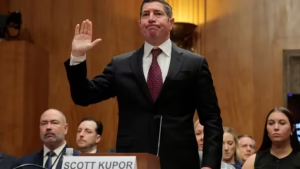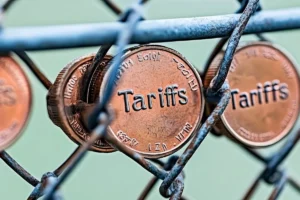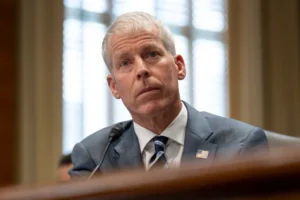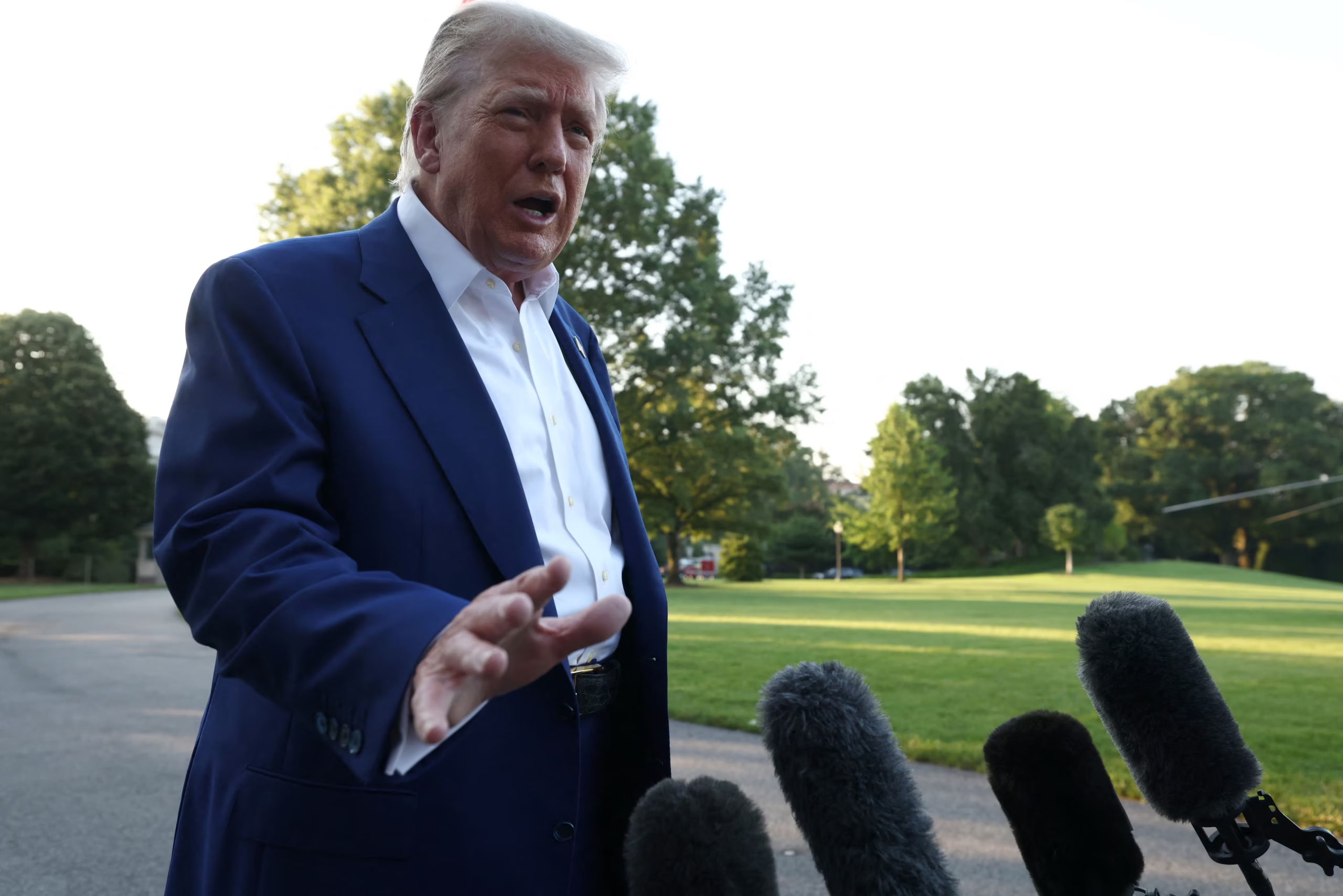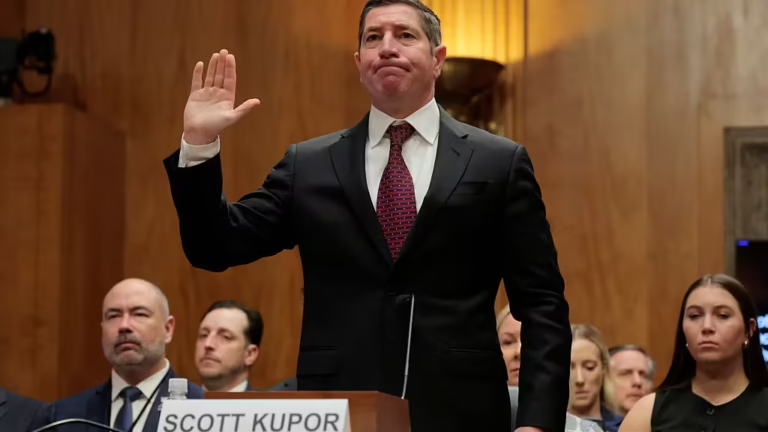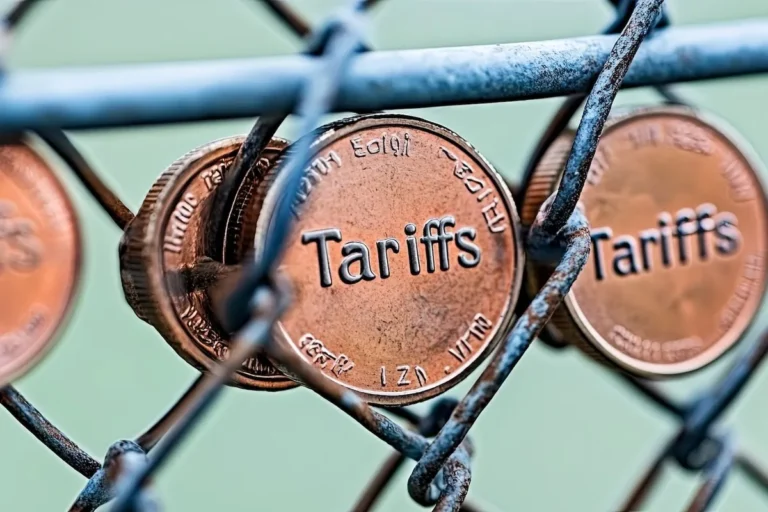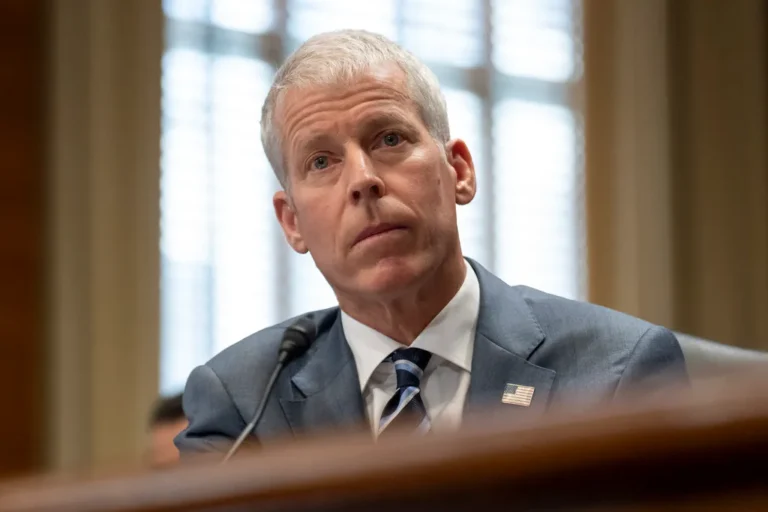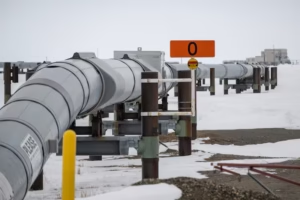Trump Calls for Restraint Amid Early Ceasefire Violations
Trump Rebukes Israel for Ceasefire, Tensions in the Middle East surged again Tuesday as explosions rocked Tehran, just hours after U.S. President Donald Trump announced a ceasefire between Iran and Israel. The truce, aimed at halting a 12-day air war, appeared to be hanging by a thread as both sides accused each other of breaching the fragile deal.
Despite Trump’s intervention to de-escalate, Israel acknowledged bombing a radar site near Tehran in retaliation for what it described as Iranian missile strikes. Iran, however, denied launching any missiles and claimed that Israeli strikes continued well after the ceasefire was supposed to begin.
Trump’s Stern Message to Israel
Speaking forcefully, President Trump sharply criticized Israel, saying he had to personally order Israeli Prime Minister Benjamin Netanyahu to halt further airstrikes. “Calm down now,” Trump reportedly said, adding that Israeli warplanes had “unloaded” shortly after the ceasefire had been agreed upon.
In an uncharacteristically candid remark, Trump told reporters: “They’ve been fighting so long and so hard they don’t know what the [expletive] they’re doing.”
Trump, en route to a NATO summit in Europe, emphasized the ceasefire must be preserved to avoid further bloodshed. He shared on Truth Social: “All planes will turn around and head home, while doing a friendly ‘Plane Wave’ to Iran. Nobody will be hurt. The Ceasefire is in effect!”
Israel Acknowledges Tehran Strike
Israel later confirmed a strike on a radar installation near Tehran, labeling it a defensive response. Defence Minister Israel Katz stated the strike was necessary due to a “blatant violation” of the ceasefire by Iran, citing missile fire aimed at Israel’s southern city of Beersheba that killed four, including an off-duty soldier.
Netanyahu’s office insisted that Israel had agreed to scale back the attacks following a phone call with Trump, but did not clarify whether the radar strike occurred before or after that conversation.

Iran Denies Firing Missiles, Signals Willingness to Talk
In contrast, Iranian officials maintained that they had not violated the ceasefire and were instead the victims of continued Israeli aggression. President Masoud Pezeshkian reaffirmed Iran’s commitment to the ceasefire, stating Iran would not act unless provoked, and expressed openness to returning to the negotiating table.
Nine Iranians were reportedly killed in northern Iran during Israeli strikes. Meanwhile, Iran’s earlier missile retaliation targeting a U.S. base in Qatar caused no casualties—an indication, analysts say, that Iran was seeking to avoid escalation.
Hope and Skepticism on Both Sides
While official channels remained cautious, ordinary citizens in both Iran and Israel expressed cautious optimism.
“We’re happy, very happy. Who mediated or how it happened doesn’t matter. The war is over. It never should have started,” said Reza Sharifi, an Iranian returning to Tehran from temporary relocation in Rasht.
In Tel Aviv, Arik Daimant shared a more sobering note: “Our house was totally destroyed in the recent bombings. But better late than never. I hope this ceasefire is a new beginning.”
A Complex and Costly Conflict
The ceasefire, brokered with help from Qatar, came after 12 days of intense fighting. Israel began the air campaign on June 13, targeting Iran’s nuclear facilities and killing key Iranian commanders. Iran retaliated with long-range missile strikes, marking the most direct confrontation between the two nations in decades.
U.S. involvement escalated the situation further when Trump authorized the bombing of Iranian nuclear sites using bunker-buster bombs. Trump has maintained that Iran must never acquire nuclear weapons, though Tehran insists its uranium enrichment program is for peaceful purposes.
A Fragile Peace
While the truce has brought a momentary halt to active hostilities, many remain skeptical about its longevity. Trust between the two nations is virtually nonexistent, and each side appears prepared to act if provoked.
Nonetheless, markets responded positively, with oil prices dropping and global stock indices rising amid hopes that the worst of the conflict might be over.
A senior White House official confirmed that Trump and Netanyahu reached the ceasefire agreement directly, while Qatar facilitated parallel talks with Iranian officials. The delicate balance now rests on both sides honoring the terms—a task made even harder by mutual suspicion and political pressures at home.
As Trump said aboard Air Force One: “Regime change takes chaos and ideally we don’t want to see so much chaos. Iran’s not going to have a nuclear weapon, by the way. I think it’s the last thing on their mind right now.”
Whether peace takes hold or the cycle of violence resumes remains uncertain. But for now, the world watches and waits.
For more latest news checkout our website: usnewsinsight

